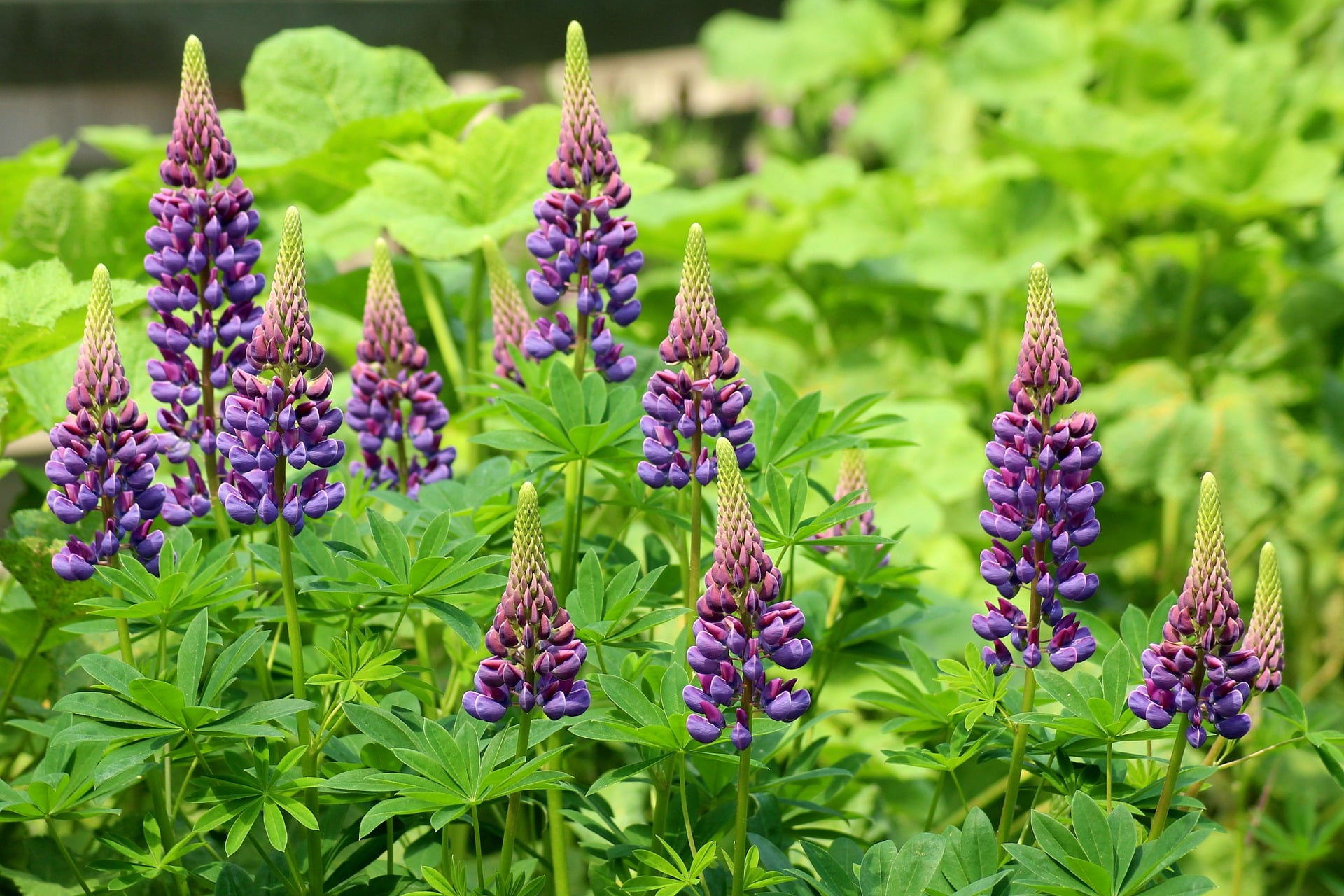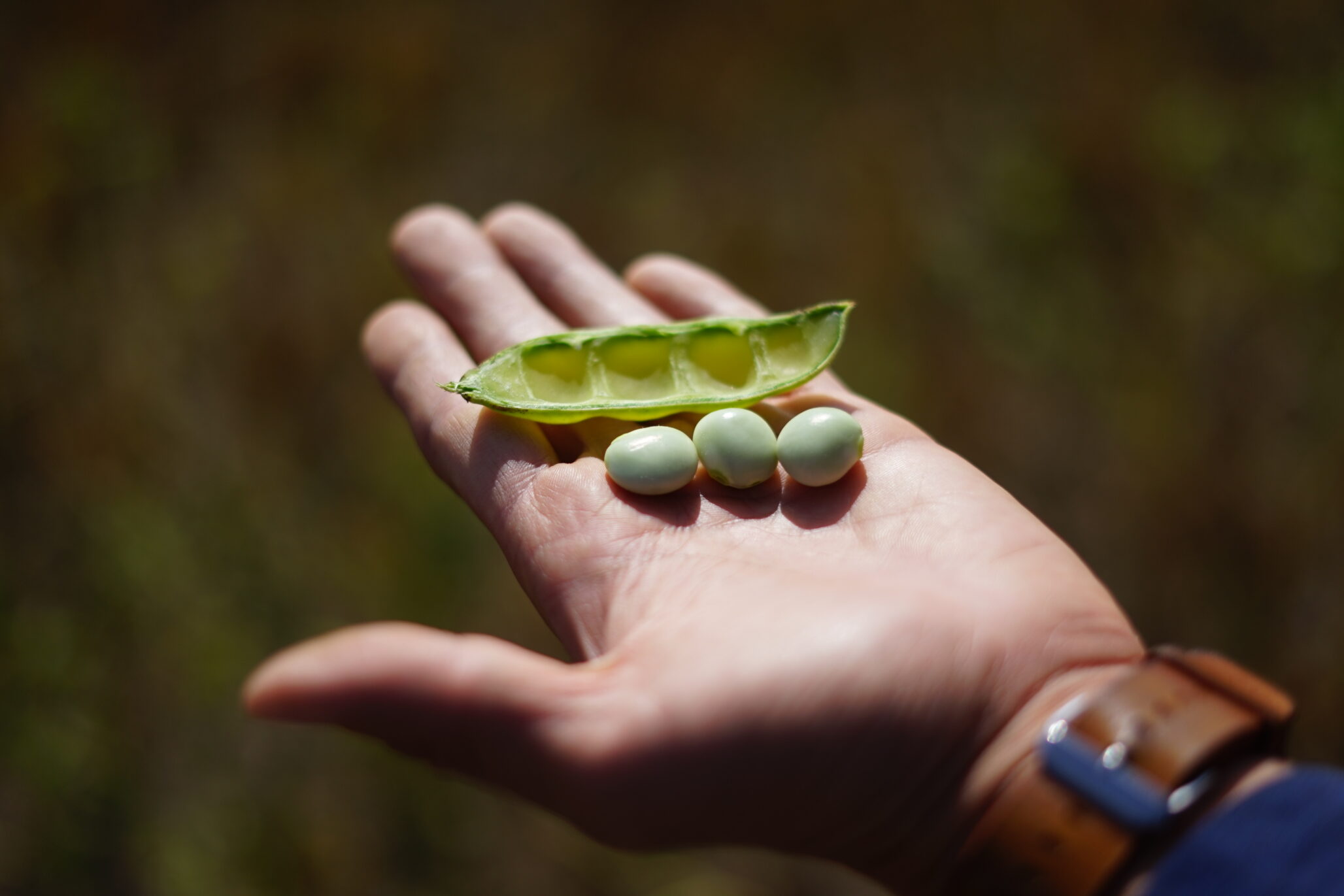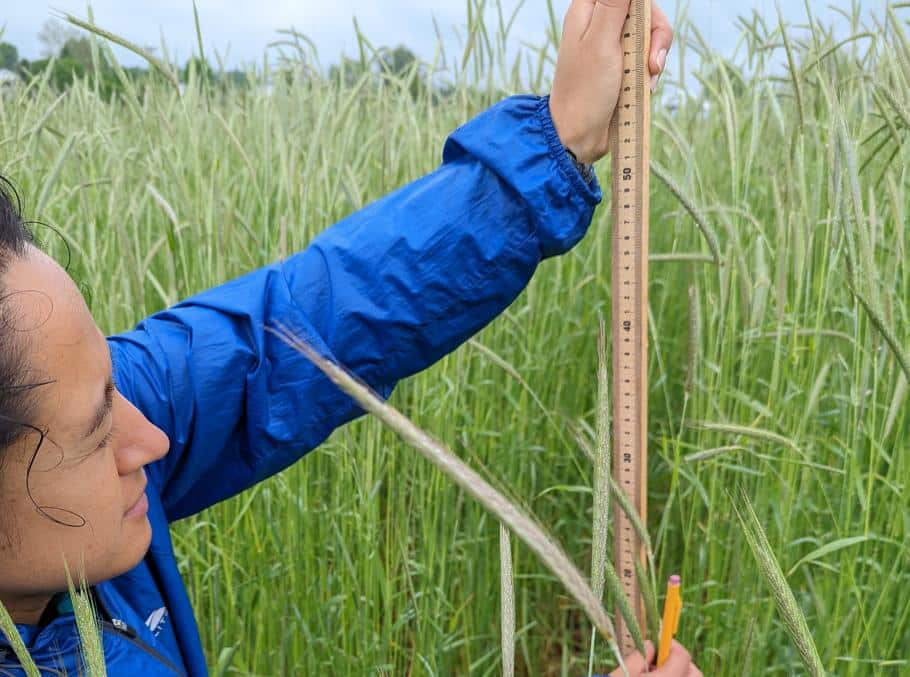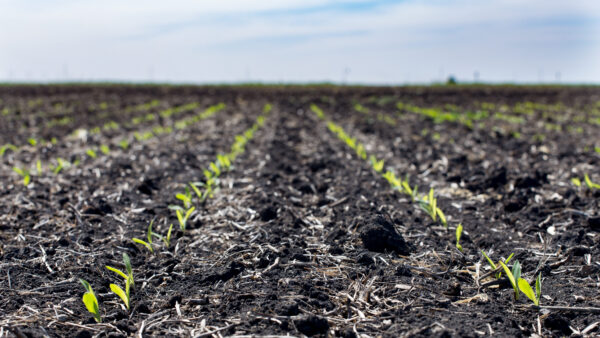Lupin, a well-known garden flower, plays an important role in healthy habitats and has the potential to be a winter cover crop for growers due to its resilience.
The flower classifies as a legume, a family of plants that builds up nitrogen in soil. Legumes like lupin provide nitrogen for other plants that are unable to normally access it.
Researchers for the USDA Agriculture Research Service (ARS) analyzed various species of legumes, including narrowleaf lupin. The study investigated lupin as a winter cover crop and how it impacts high-biomass sorghum and cotton yields.
“You can see the difference and height and greenness of the plants … The tall sorghum in the foreground is after growing lupin during the preceding winter,” said Joseph Knoll, research geneticist for the ARS and lead researcher on the study.
The five-year study observed a rotation of sorghum, winter cover and cotton. The team compared lupin to various cover crop legumes and rye and discovered lupin contains the highest amount of biomass and nitrogen for summer crops.
“Significantly higher sorghum and cotton yields occurred for rolled covers with crimson clover, winter pea, and fava bean. Averaged over the years and locations, lupin biomass produced approximately 143 kg ha‚àí1 N, more than any other cover,” shared the study.
Data gathered from the study has the potential to offer farmers land management strategies that could benefit their revenue, land and environment, according to the American Society of Agronomy.
Researchers plan to present their findings on soil data in a paper that will provide insight into the connection between nitrogen, carbon and cover crops.
“We are currently pouring over the soil data from this study right now and intend to look at soil N and C effects from covers … We are also continuing to study lupins, including white lupin, as winter cover options in the Southeast” added Knoll.
Read More About Sorghum and Cotton:
Sorghum Mutants Offer Solution for Food Insecurity
Diversity in Sorghum Markets Breeds Success
Study Shows Herbicide Tolerance Cotton Has No Adverse Environmental Impacts
EU Approves Herbicide Tolerant GM Oilseed Rape, Cotton and Soybeans












